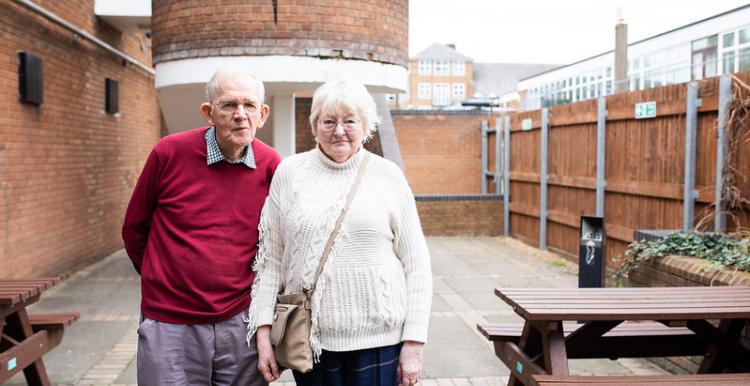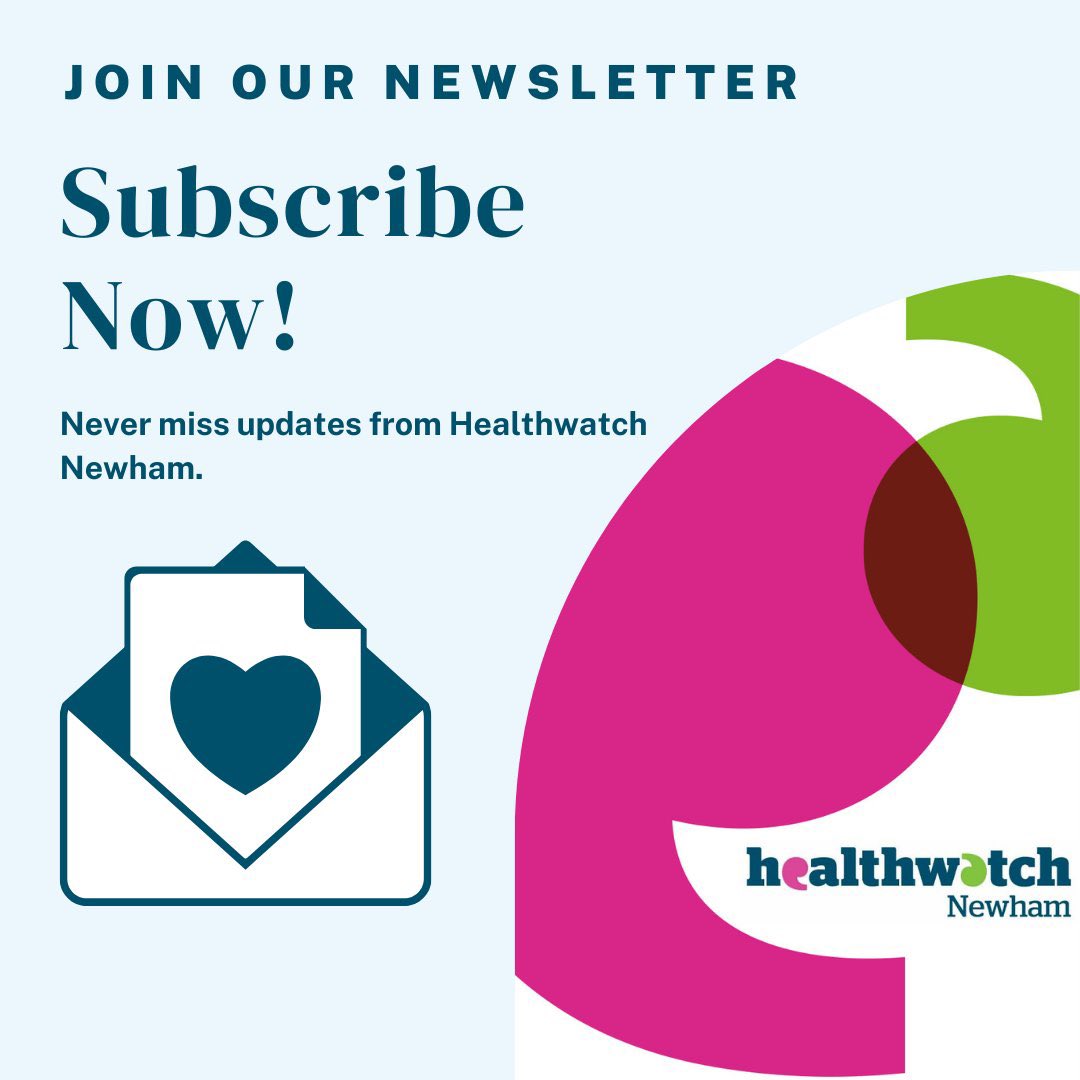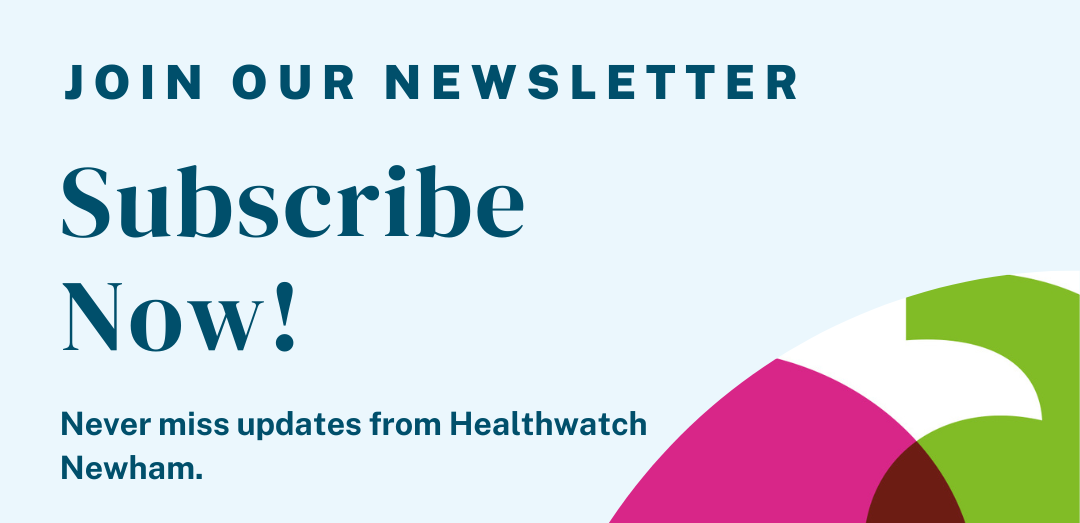Protecting Adults through Safeguarding

What is safeguarding?
Safeguarding means protecting the health, wellbeing and human rights of adults at risk, enabling them to live safely, free from abuse and neglect. Safeguarding is about people and organisations working together to prevent and reduce both the risks and experience of abuse or neglect whilst making sure that the adult's wellbeing is supported and their views, wishes, feelings and beliefs are respected when agreeing on any action.
What forms do abuse and neglect take?
Physical abuse Including hitting, unnecessary restraint or misusing medications.
Domestic violence abuse between family members or partners; so called ‘honour’ based violence.
Sexual abuse inappropriate touching, exposure, rape, harassment and non-consensual sexual acts.
Psychological abuse threats, attempts to control, coercion, bullying, emotional and verbal abuse.
Financial or material abuse theft, fraud, coercion regarding financial affairs
Modern slavery Including forced labour and human trafficking.
Organisational abuse neglect and poor care practice within a care setting or home setting.
Neglect and Acts of Omission failure to act or ignoring medical, emotional or physical care needs.
Self-neglect neglecting to care for your own health, hygiene or surroundings, including hoarding.
Discriminatory abuse harassment or slurs due to someone's race, gender, age, disability, sexual orientation, religion or gender identity.
Aim: The aim is to enable NSAB to share lessons learnt and promote consistent and effective practice so that adults at risk are better supported within newham.
Time: This survey will take approximately 10 minutes to complete.
Click here to takethe survey online!
- Your answers are strictly confidential.
- You will not be required to provide your name or identifiable personal information.
- We do however want to involve participants in developing the recommendations from the questionnaire and let you know what difference they make.


